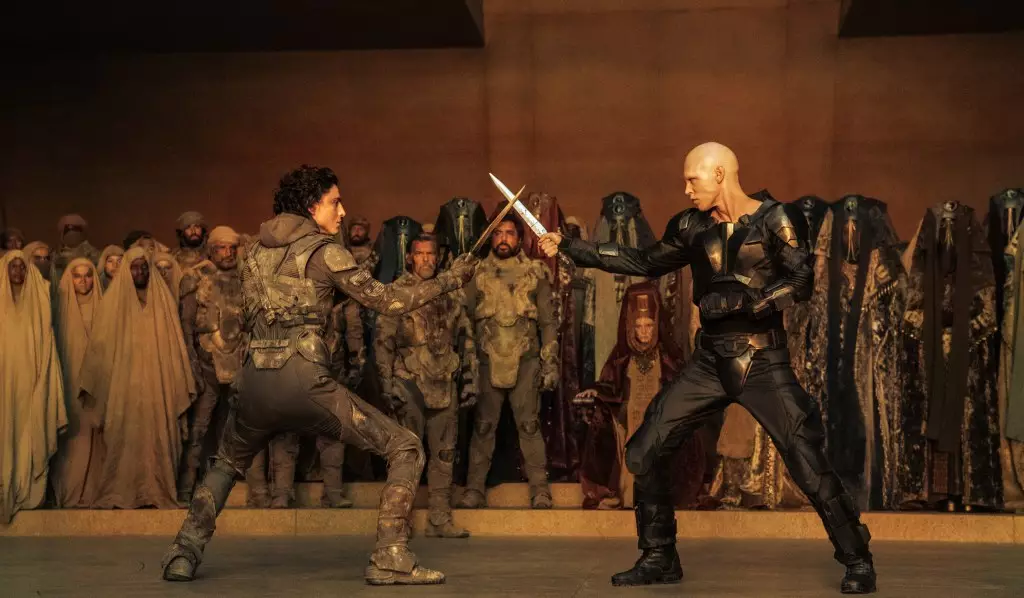In today’s entertainment landscape, audiences are faced with the challenge of mastering new codes with each sequel they encounter. Whether it’s Dune: Part Two or the fifth installment of Ghostbusters, each sequel comes with its own backstory and unique characters that require a certain level of understanding to fully appreciate. Just like how Chakobsa-speaking characters in Dune are frustrated by their stalled kirzibs, or how an old Ectomobile is crucial to harpooning geriatric ghosts in Ghostbusters, viewers must adapt to the intricacies of each new installment.
The concept of sequels isn’t limited to the realm of film. In politics, the ongoing trials and litigations surrounding figures like Donald Trump play out like sequels, each boasting familiar plot twists and turns. Just like in a movie franchise, audiences are drawn to the continuation of a story they are already familiar with, rather than embarking on uncharted territory with new characters or narratives.
The Rise of Nostalgia in Entertainment
The current trend in the entertainment industry is a heavy reliance on nostalgia and established brands. With a lack of new content due to the impact of the Covid virus and strikes, studios have turned to old franchises and familiar characters to draw in audiences. The logic behind this approach is simple: if a movie was successful the first time, why wouldn’t it be successful again? The Godfather Part II and the James Bond series are examples of sequels that surpassed the original, proving the enduring appeal of familiar stories and characters.
The Dilemma of Recycling Old Ideas
While sequels may provide comfort and familiarity to audiences, they also pose a challenge for emerging talent in the industry. The pressure to recycle old ideas can stifle creativity and hinder the development of innovative intellectual properties. Projects that may seem obvious now often had to wait decades before finding support, highlighting the difficulties in breaking away from established norms and conventions. The industry is in danger of becoming stagnant if new voices and fresh ideas are not given the opportunity to flourish.
The idea of sequels extends beyond entertainment and into the realm of real-life legal proceedings. The ongoing trials involving figures like Stormy Daniels and Donald Trump are like sequels in a never-ending saga of drama and intrigue. While these trials may captivate audiences and generate headlines, they also have real-life consequences and implications. The key to directing a successful legal drama, much like a successful film, lies in structure and discipline, as Stormy Daniels herself pointed out in a recent interview.
The prevalence of sequels in both entertainment and politics reflects a broader cultural shift towards familiarity and nostalgia. While sequels can offer comfort and entertainment value, they also present challenges in terms of creativity and innovation. It is important for audiences to appreciate the nuances of each sequel they encounter, as well as to recognize the impact that these recurring narratives can have on society as a whole.
